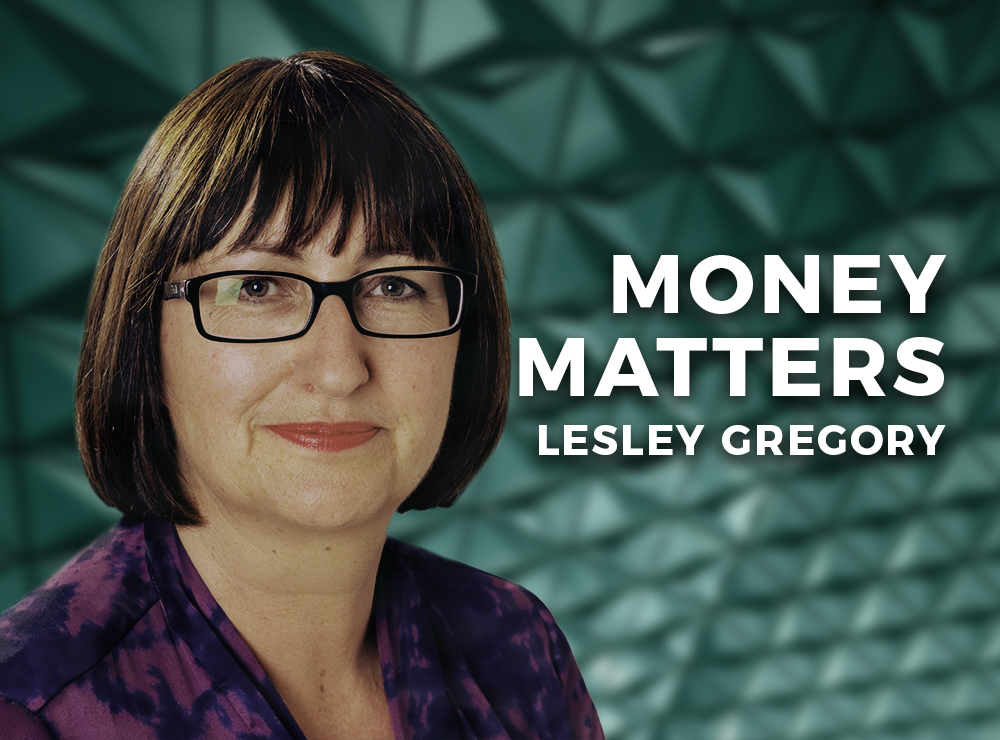
By LESLEY GREGORY
My adult son asked me not to buy him a Christmas gift this year because the (self-imposed) pressure to actually like the present made him uncomfortable. We’ll mark the day another way, but most of you will be grappling with the annual conundrum of how to spend your money on the “right” gifts for friends and family.
Fortunately, science may be able to help (should the important people in your life fail to drop reasonably heavy hints).
Marketing researcher Dr Adrian Camilleri of the University of Technology Sydney (UTS) recently delved into the psychology of buying presents and concluded that there were basically two goals to consider when giving a gift: making the recipient happy by giving them something they desired, and strengthening your relationship with that person by showing you put thought into a gift based on your knowledge of them.
Get it wrong and you can do more harm than good, Dr Camilleri warns, with the gift recipient potentially coming to question how well you really know them.
A 1999 study of 129 people found that ten people reported gifts that weakened a relationship and two people in the group had actually ended their relationship after a poor gift.
Dr Camilleri says the best kind of gift is one that’s both desired by the recipient and is thoughtful. In the middle are gifts that are either desired or at least thoughtful — a gift of cash might be an example. The worst kind of gift is neither desired nor thoughtful (I won’t name names but just say ‘copper-art guitar player’).
He says research also shows that we’re wrong to think the more expensive the gift the more thoughtful it will seem. It’s not the price tag that counts. And don’t ignore recipients’ hints, thinking you’ll come up with something more thoughtful — research shows we tend to overestimate our skills in this regard.
His advice: “Go for something practical with a personalised touch.” If you’re really struggling, then a thoughtful greeting card together with a flexible gift card is a safe option — yes, it’s a little like giving money but at least you’ve put thought into which sort of gift card might be useful to them.
Even better, gift-giving research suggests that if your goal is to strengthen your relationship with the recipient, give them an experience. A 2016 study asked people to give a friend either a “material” or “experiential” gift (valued at around £10). Material gifts included things like clothing. Experiential gifts included things like movie tickets. Recipients of the experiential gifts showed a stronger improvement in relationship strength than recipients of the material gifts.
“The most precious gift you can give a loved one, though, is actually quite simple: quality time,” Dr Camilleri says. In a 2002 study involving 117 people, more happiness was reported from family and religious experiences than from events where spending money and receiving gifts was the focus, he says.
And spending time with friends and family allows you get to know them better — so next Christmas you’ll nail your gift giving.
LESLEY GREGORY is an experienced personal finance and consumer journalist. She regular writes for TEBI money and personal finance issues that aren’t directly related to investing.
Also by Lesley Gregory:
Making the most of working from home
When a bargain isn’t a bargain
Cash for gold? Tread carefully
How to protect your pension from scammers
Should you take voluntary redundancy?
How much life insurance do you need?
The one asset you need to protect
PREVIOUSLY ON TEBI
Here are some other recent posts you may have missed:
The risks investors worry about
Beware spectacular success stories
The siren song of outperformance
The latest on the Woodford scandal
Victory belongs to the patient
Five ways to develop a millionaire mindset
NEED AN ADVISER?
If you need a financial adviser, we may be able to help.
Wherever you are in the world, we will try to put you in contact with an adviser in your area whom we know personally, who shares our evidence-based investment philosophy and who we feel is best able to help you. If we don’t know of anyone suitable we will tell you.
We’re charging advisers a small fee for each successful referral, which will help to fund future content.
For compliance reasons, this service is currently unavailable to readers in the US.
Click here and let’s get started.
© The Evidence-Based Investor MMXX









